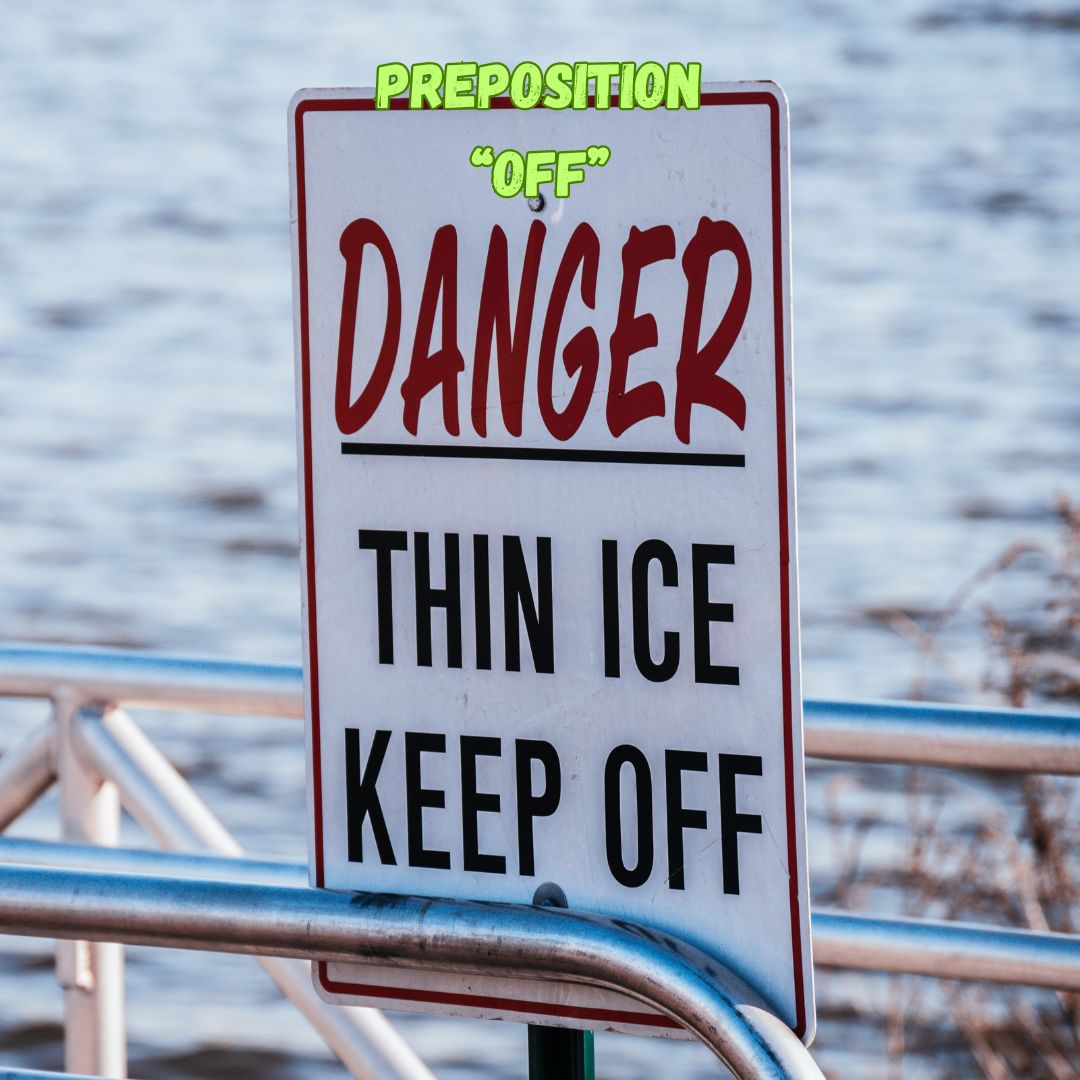Tag: condition

IF (Conditional) Sentences
Conditional sentences, also known as if sentences, express a relationship between different events or situations. These sentences are divided into different types based on the likelihood or certainty of the condition being fulfilled. Conditional sentences play a crucial role in expressing possibilities, hypothetical situations, and cause-and-effect relationships. There are four main types of conditional sentences: zero conditional, first conditional, second conditional, and third conditional.

Adverbial(Adverb)Clauses
Adverbial clauses are groups of words that function as adverbs in a sentence. They provide additional information about the action in the main clause, answering questions such as when, where, why, how, to what extent, or under what conditions.

“It” as a Formal Subject
A formal subject, often represented by the pronoun it, plays an essential role in English grammar, particularly in structuring sentences and providing clarity. We use a formal subject “it” when: describing natural phenomena, weather condition, with it is said, so on

Preposition – “With”
The preposition with has several meanings and can be used in various contexts: assistance, connection, means, method, relationship, addition and etc.

Preposition – “Off”
When describing an object and using the preposition off to indicate that a part is missing from the whole, you can use it like this: A piece of the puzzle has come off the edge.